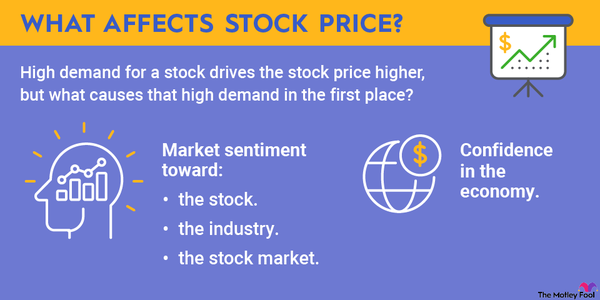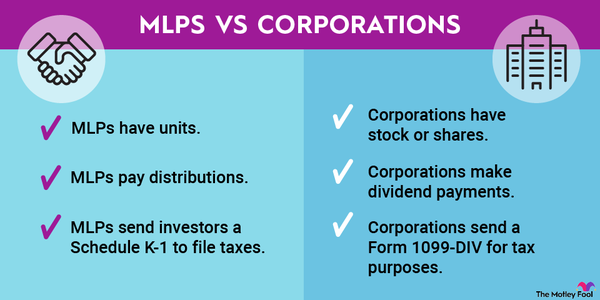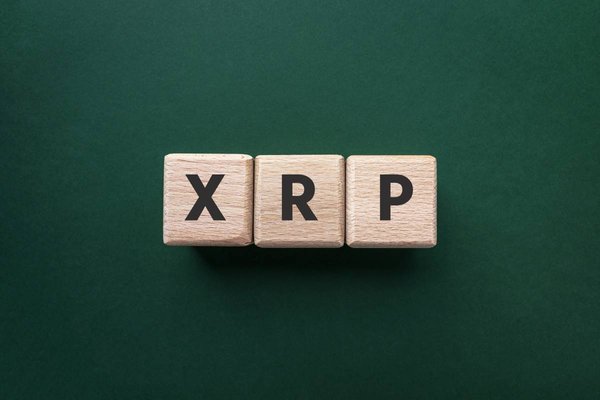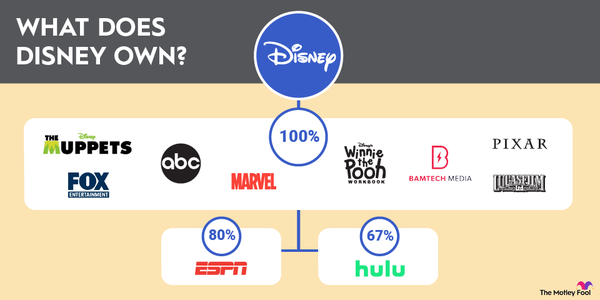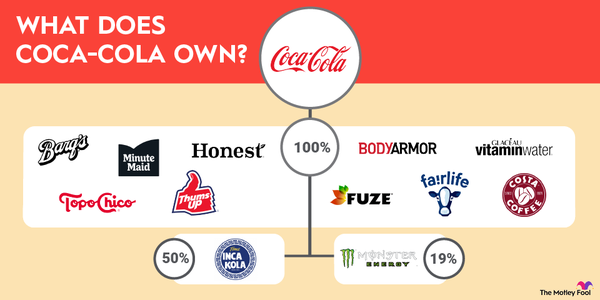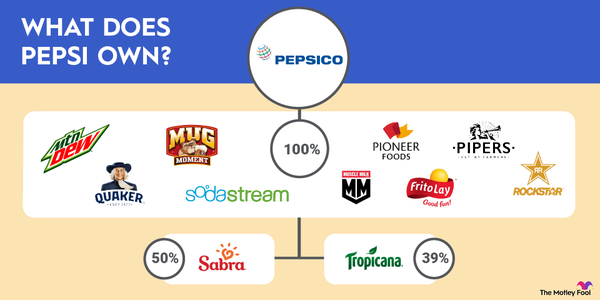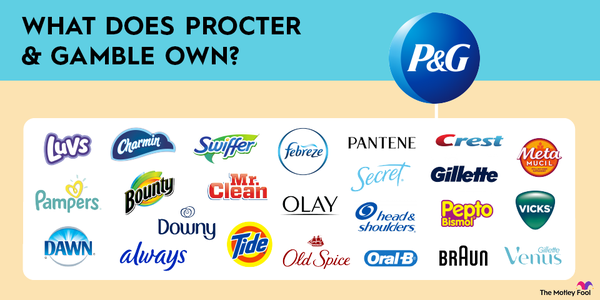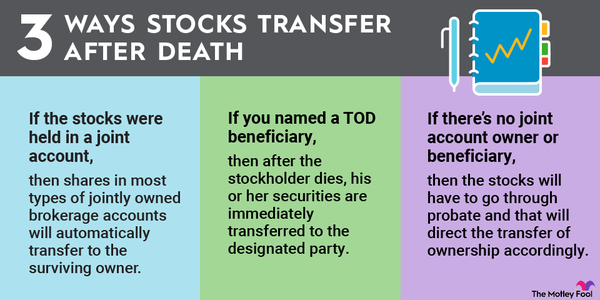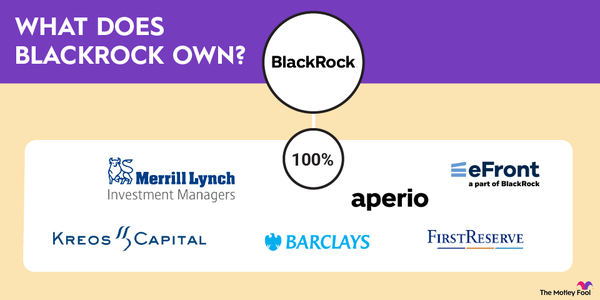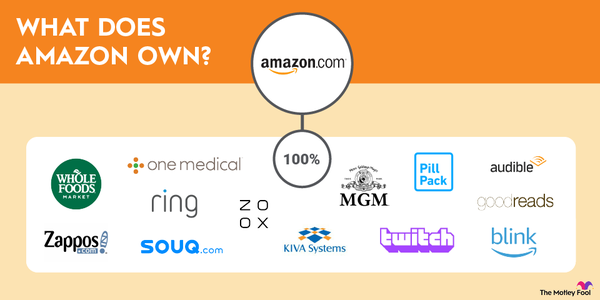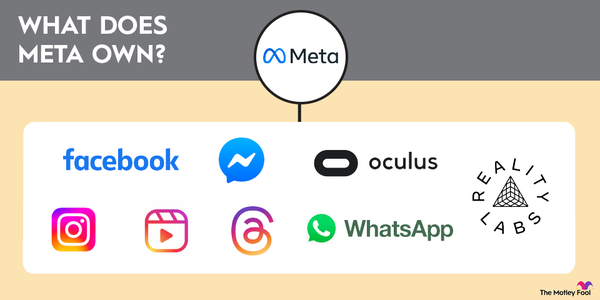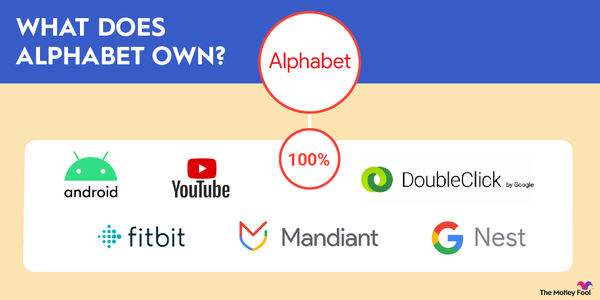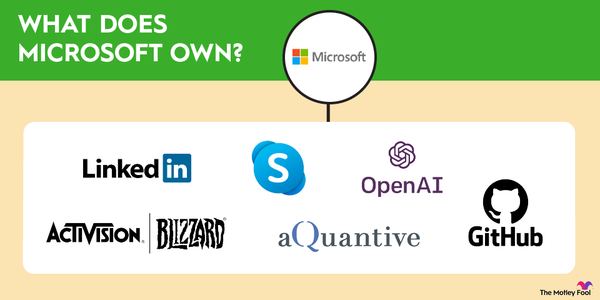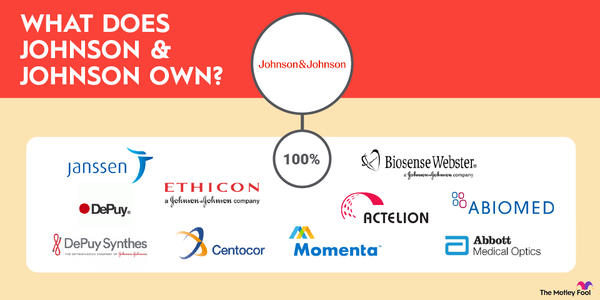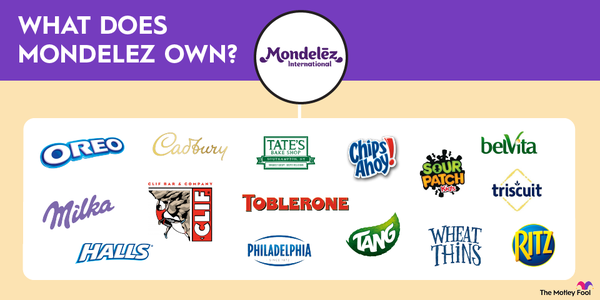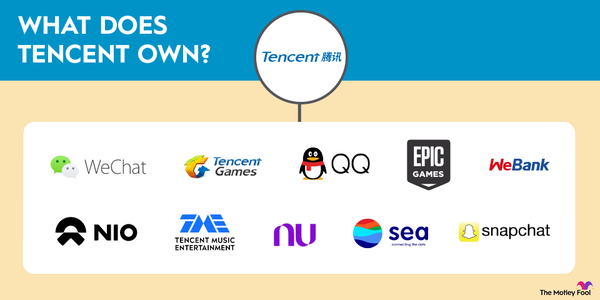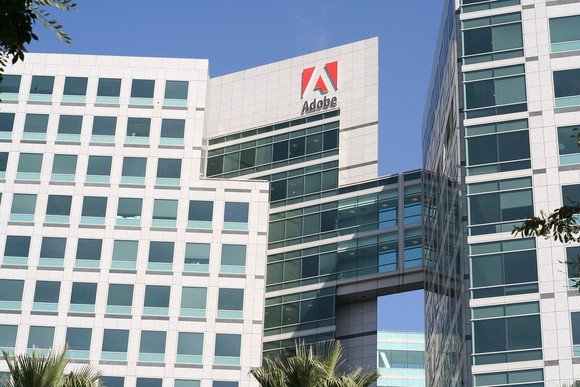Home Box Office (HBO) is a multinational entertainment business that operates as a subsidiary of the publicly traded company Warner Bros. Discovery (WBD 2.46%). HBO encompasses a wide range of properties that fall under the purview of parent company Warner Bros. Discovery, including the HBO television network, HBO Films, and Cinemax. While its name is often associated with the streaming service Max, formerly known as HBO Max, this streaming service business is actually operated by another Warner Bros. Discovery business segment called Warner Bros. Discovery Global Streaming and Interactive Entertainment.
The story of HBO traces back to Charles Dolan, who founded Sterling Manhattan Cable (the first urban TV cable company in the nation) and Teleguide, a New York City company that provided information services for cable TV. Dolan launched Home Box Office, the first premium cable TV programming service, in 1972. He sold the company Time-Life in 1973; the company would merge with Warner Communications in 1989 to become Time Warner.
In 2014, HBO announced its plan to launch an over-the-top (OTT) subscription streaming service designed to compete with Netflix (NFLX 0.08%). The service was launched as HBO Now in 2015 and was subsequently followed by the launch of HBO Max, now known as simply Max. In October 2016, telecommunications giant AT&T (T -0.31%) announced that it planned to acquire Time Warner, which would bring assets like HBO into the company's portfolio.
Despite concerns from regulatory authorities, the merger concluded in 2018 when Time Warner became a wholly owned subsidiary of AT&T and was renamed WarnerMedia. In 2021, AT&T and Discovery agreed to a merger and spinoff that would result in WarnerMedia becoming an independent company that would acquire Discovery's various properties. The transaction also entailed the combination of WarnerMedia's various assets, including HBO, with those of Discovery. The merger was completed in April 2022.
The new company became the publicly traded entity that investors know today as Warner Bros. Discovery. HBO became a subsidiary of Warner Bros. Discovery. Given the ownership structure of HBO, it seems unlikely that this division will become a publicly traded entity.
HBO's status as a subsidiary means it's not possible to invest in HBO stock. But if you're interested in becoming a part-owner of HBO and/or its streaming counterpart Max, there are different ways to gain exposure to this industry while waiting to see if HBO ever goes public.
How to invest
How to buy HBO stock
HBO is not a publicly traded media company as of mid-2024. However, you can buy shares of its parent company, Warner Bros. Discovery. If you re interested in buying shares of Warner Bros. Discovery, or other streaming stocks like Netflix or Walt Disney Company (DIS -0.1%), it's easy to do so.
You could also consider companies with more indirect exposure to the streaming space. Examples include Amazon (AMZN 1.52%) and Apple (AAPL 0.67%), which both operate popular streaming businesses but rely on far wider streams of income to support revenue and profits.
Stock
Step 1: Open a brokerage account
Before you can buy shares of any entertainment and media or streaming stock, you need to have a brokerage account. If you've never opened a brokerage account before, it takes just minutes to sign up for one. Companies like Charles Schwab (SCHW 0.04%), Robinhood Markets (HOOD 3.29%), and Fidelity are several popular platform options to consider.
Step 2: Figure out your budget
Before you make your first trade, you need to determine your budget and the amount of money you’re willing to invest. Determining how to allocate that money is also something to consider before you buy shares of Warner Bros. Discovery to gain exposure to HBO stock.
It's a good idea to keep your investment portfolio properly diversified. Aiming for 25 or more stocks across several industries or sectors is a great goal to have for your portfolio. You also shouldn't plan to invest money that you'll soon need for bills other other near-term financial obligations.
Your ideal buy-and-hold horizon for any stock you buy should be a minimum of five years. Even if you have a modest amount of investment capital to start, consistently distributing your cash across multiple stocks in both market highs and lows can help you meaningfully grow your returns with time.
Step 3: Do your research
You should never buy shares of any company until you have thoroughly researched the business. In addition to understanding how the company makes money, you should take a look at its competitors, its risk factors, its competitive advantages, its balance sheet, and overall financial track record before you decide if it's the right fit for your portfolio.
Step 4: Place an order
After you open your brokerage account, you need to make sure you have sufficient funds in it. Each brokerage has its own formatted order forms, but each require generally the same information.
You'll need to select the number of shares you want to buy, or the dollar amount. You'll also need to specify the stock ticker (e.g., WBD for Warner Bros. Discovery), and if you want to proceed with a limit order or a market order. A market order is usually the best choice because it means that as soon as you complete the order, your transaction will proceed.
Should I invest?
Should I invest in HBO?
You can't invest directly in HBO stock because it is part of Warner Bros. Discovery. However, you can indirectly invest through Warner Bros. Discovery, which is publicly traded and has owned the company since the AT&T and Discovery merger in 2022.
In addition to indirect exposure to HBO by investing in Warner Bros. Discovery, you can also gain exposure to other properties that belong to the parent company's family of brands. These include household names such as Warner Bros. Studios, DC Comics, HGTV, CNN, TLC, TNT, Discovery+, and streaming service Max.
Warner Bros. Discovery has struggled with growth in recent years due to a variety of factors. These have included significant debt for the business, aggressive cost-cutting actions by management, increased competition in the entertainment and streaming spaces, and broad societal declines in cable viewership.
However, an investment in the company does mean becoming part-owner of some of the most attractive and iconic brands in the entertainment space. This may present an opportunity for investors looking for a potentially undervalued investment.
Profitability
Is HBO stock profitable?
As a company, Warner Bros. Discovery is not currently profitable under generally accepted accounting principles (GAAP). It reported total revenue of $41 billion in 2023, down slightly from the prior year. Revenue from its Studios and Networks divisions also decreased over the 12-month period.
The company’s direct-to-consumer segment, which includes HBO, along with streaming services Max and Discovery+ rose 5% year-over-year and totaled $10.2 billion in revenue, or approximately 25% of overall revenue.
From an adjusted earnings perspective, Warner Bros. Discovery delivered $10.2 billion in the 12-month period, up 12% on a year-over-year basis. The direct-to-consumer segment that includes HBO brought in adjusted earnings of $100 million, a $2.2 billion improvement from its 2022 net loss.
Dividends
Does HBO stock pay a dividend?
There is no publicly traded HBO stock to pay a dividend, and its parent company, Warner Bros. Discovery, does not currently pay a dividend, either. No plans have been announced to take HBO public, and Warner Bros. Discovery hasn't signaled any plans to begin dividend payments to shareholders.
ETFs
ETFs with exposure to HBO
Since investors can't currently buy HBO stock, if you want to include Warner Bros. Discovery in your portfolio but don't wish to buy the company directly, you might decide that purchasing an exchange-traded fund (ETF) makes more sense.
The funds allow investors to enjoy exposure to other companies across various sectors, including streaming, while having indirect exposure to HBO. A few examples of ETFs that include Warner Bros. Discovery as well as other streaming names like Disney and Netflix include the Vanguard Total Stock Market Index Fund (VTSAX 1.32%) and the Vanguard 500 Index Fund (VFIAX 1.27%).
Exchange-Traded Fund (ETF)
Stock splits
Will HBO stock split?
Since HBO stock is not publicly traded, there are no previous or upcoming stock splits. Its parent company executed two stock splits prior to the merger that created Warner Bros. Discovery, including a 4-for-1 stock split in 2009 and a 1,957-for-1,000 stock split in 2014.
Related investing topics
The bottom line on HBO
Although you can't invest directly in HBO stock because it isn't an independent company, some investors may choose to buy shares of its parent company, Warner Bros. Discovery. The company is working hard to improve its profitability and revenue growth, but it's been a bumpy road for shareholders.
It may be wise to tread carefully and take a position in Warner Bros. Discovery if you already have a well-diversified portfolio of companies. Investing in an ETF could also allow you to become a part-owner of the company that owns HBO, while adding to your position in other top companies across various industries.
FAQ
Investing in HBO FAQ
Is HBO publicly traded?
No, HBO is not publicly traded and there are no apparent plans to take the business into the public markets at this time.
What company owns HBO?
HBO operates as a unit of Warner Bros. Discovery.
How to invest in Warner Bros?
You can invest in Warner Bros. Discovery through the brokerage of your choice in a variety of ways. You could choose to buy individual shares or purchase shares of an exchange-traded fund that features Warner Bros. Discovery as one of its holdings.
What is HBO's stock ticker?
There is no HBO stock ticker because the business is not publicly traded. The ticker of its parent company Warner Bros. Discovery is WBD. The company trades on the Nasdaq exchange.




































